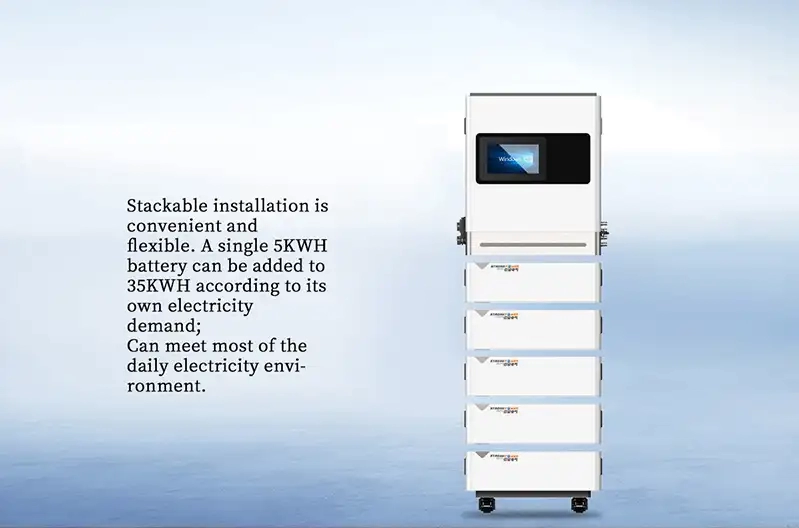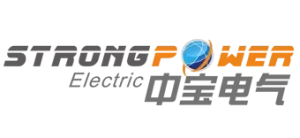Battery energy storage systems: The key to future home energy
As energy costs continue to rise, home energy storage systems are increasingly becoming an integral part of modern home energy solutions. More people are turning their attention to these systems, which can effectively address the issue of rising energy expenses. Home energy storage systems not only offer a high-efficiency and economical solution for household electricity needs but also ensure a reliable power supply during public power outages.
What is a Home Energy Storage System?
A home energy storage system is a device designed to store electrical energy and release it when needed. Typically used in conjunction with solar panel installations, it consists of a battery pack, an inverter, and an energy management system. The battery pack stores electricity generated from solar panels, wind turbines, or the grid, allowing excess solar energy to be saved when not immediately needed and then used to power the home during high-demand periods or outages. The inverter converts direct current (DC) power into alternating current (AC) power, making it compatible with household appliances. The energy management system monitors and optimizes energy use, seamlessly switching between stored energy, renewable energy, and grid power. Additionally, it can sell excess energy back to the grid, using smart technology to manage bills and reduce the household’s carbon footprint.

How to Install a Home Energy Storage System
Installing a home energy storage system involves several key steps to ensure a safe, efficient, and optimized setup. First, a professional assessment is conducted to determine the best configuration and placement of components, such as batteries and inverters. These components are then installed and wired to integrate seamlessly with the existing electrical system. Compatibility with solar panels is verified to maximize energy production and storage capabilities. The entire installation is rigorously tested to comply with safety standards and local regulations. Homeowners are provided with a user-friendly interface to monitor and control the system, giving insights into energy production, consumption, and storage. This process ensures a reliable home energy storage system that optimizes energy use and reduces electricity costs.
Advantages of Home Energy Storage Systems
Environmental Protection and Sustainable Development
One of the primary benefits of home energy storage is its positive impact on the environment. By utilizing clean, renewable energy sources such as wind and solar, these systems help minimize greenhouse gas emissions. Energy storage allows for the capture and use of renewable energy, reducing reliance on less environmentally friendly sources.
Reduced Energy Costs
Home energy storage systems can significantly lower electricity bills. By storing electricity during periods of low demand and low prices and using it during peak periods when prices are higher, homeowners can shift their energy usage to reduce overall costs.
Decreased Dependence on the Grid
Energy storage systems provide power during off-peak hours, easing the stress on the grid during peak demand times. This reduces reliance on the grid, making consumers less vulnerable to blackouts and energy price fluctuations. In case of a power outage, these systems can serve as a backup power supply, ensuring continuous electricity for essential needs, which is especially crucial during natural disasters or grid failures.
Minimized Electricity Bills
Similar to reducing overall energy costs, home energy storage systems help lower electricity bills by storing excess power for later use. By managing energy storage effectively, users can control their consumption and optimize usage, leading to significant savings on electricity bills.



